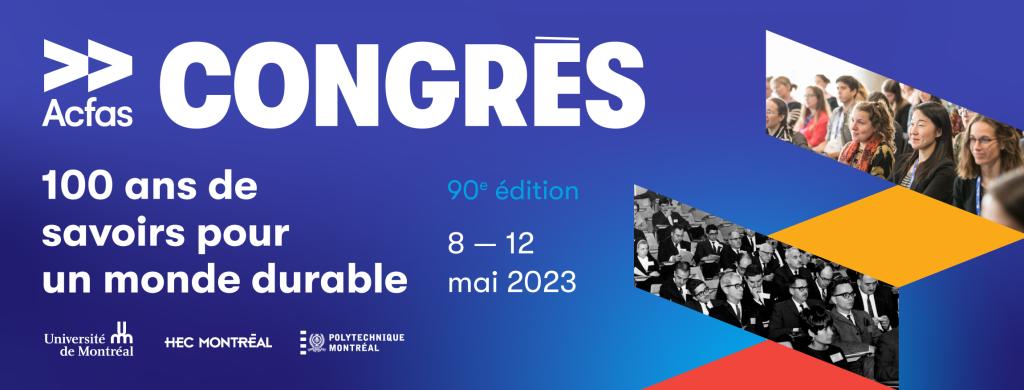Du mercredi 10 au vendredi 12 mai 2023 s’est tenu à Montréal un symposium consacré à la philosophie avec les enfants, organisé par Olivier Michaud, Edwige Chirouter et Mathieu Gagnon. Ce numéro spécial en rassemble un certain nombre de contributions.
TRADUCTION CHAT GPT
Symposium Problem Statement
The awakening to philosophy from an early age - which has been developing in various forms around the world for over fifty years - goes far beyond the mere need to democratize access to the academic discipline (and therefore questions of pure didactics), but questions the very conditions of an emancipatory education in a world in crisis and prey to the threats of dogmatism, extremism, and relativism. Philosophy workshops with children and adolescents could thus prefigure a paradigm of what school and education should be in essence in a democratic society: an “oasis of thought” (Arendt, 1975), a place and time for the development of critical thinking, intellectual cooperation, and the acceptance of vulnerability in order to resonate with oneself and the world (Chirouter, 2022) - what we will call here “a philosophical school”.
The idea of developing a philosophical school, or of inscribing the educational institution within a philosophical paradigm aimed at the development of thinking (notably critical, creative, and caring thinking), is not entirely new. Already in 1988, in his book Philosophy goes to school, Matthew Lipman vigorously defended the implementation of such a project. At the heart of this project is the desire to offer young people learning spaces through which they can appropriate their freedom and emancipate themselves. According to us, this should be the primary aim of an educational institution , beyond the acquisition of knowledge and the development of skills. By this, we do not seek to neglect the crucial importance of knowledge and skills in action, but rather to show that they remain means, as does philosophy, in the service of a purpose that goes far beyond them.
The articles presented in this issue are drawn from communications presented at a symposium (organized under the auspices of the UNESCO Chair/University of Nantes on philosophy with children and the University of Sherbrooke’s Collective d.ɸhi) that took place at the Acfas conference in May 2023. The symposium was titled: Toward a Philosophical School: Philosophy with Children, a Paradigm for a Democratic and Humanistic School? Two main axes emerge from the texts included in this issue. The first axis focuses more on the contributions/effects of philosophical dialogue (PD) with young people. Such reflection seems essential if we wish to convince institutions, and even society, of the great relevance and added value of creating a philosophical school. Indeed, whether we like it or not, infusing the entire school with the spirit animating philosophical dialogues cannot ignore serious reflection on the contributions of PD, especially as its spirit represents, in many respects, a profound paradigm shift.
The texts in this axis address various objects, including the probable impact of philosophical practices on the mental health and self-determination of young people. They also address the potential of PD in reducing learning inequalities and promoting school inclusion. In this sense, some texts explore the hypothesis, based on pragmatic and interactionist epistemologies of PD, that the advent of a philosophical school contributes to the enrichment of experience, the search for meaning, and the development of young people’s epistemic agency. Finally, the idea that philosophy practice could represent the guiding thread of the cultural perspective, so dear to contemporary education, is explored.
The second axis relates more to some of the challenges that creating a philosophical school could pose, particularly for young people experiencing learning or language difficulties. The central issue that emerges here is that of school inclusion and the pedagogical adaptations it requires. PD is not sufficient in itself, and its implementation cannot be summarized as simply applying an unique approach to all students… It is necessary to take into account the diversity of young people with whom we are called to philosophize with. Among young people, there are various cognitive profiles, some of which exhibit greater flexibility than others. There are also students facing difficulties with oral communication that may exclude them from the research process. Faced with this situation, PD must adapt by taking into account, in an attentive manner, the strategies that ensure the integration of as many students as possible.
In the light of the writings that fill this issue, avenues are offered to develop an argumentation that supports the relevance of a philosophical school. However, and this appears to us to be a strength, these avenues are not examined with the pretension that they are easy to implement or that they by themselves will solve all the difficulties encountered in a classroom. Indeed, this issue also highlights some of the challenges that teachers are likely to face on a daily basis, thus making the perspective more lucid and realistic.
-
Arendt, H. (2013). La vie de l’esprit. Paris : PUF.
-
Chirouter, E. (dir.) (2022). La Philosophie avec les enfants. Un paradigme pour l’émancipation, la reconnaissance et la résonance. Editions Raison Publique.
-
Lipman, M. (1988). Philosophy goes to school. Numéro 2422061. Philadelphia : Temple University Press.





